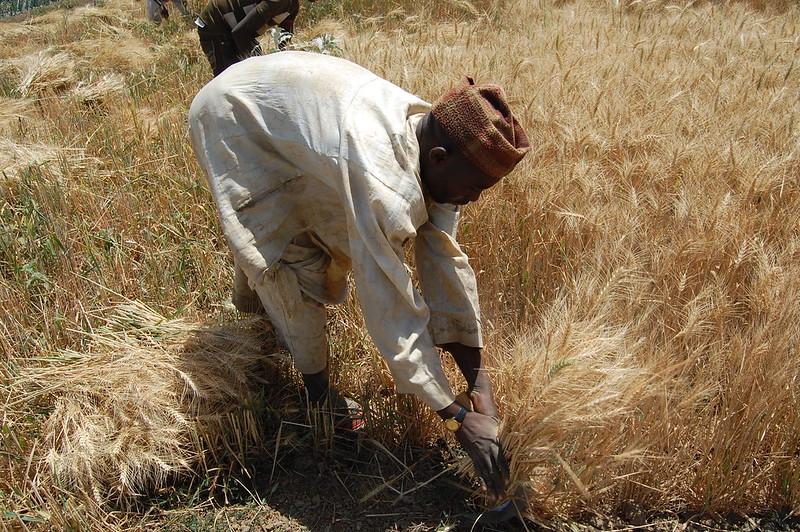Impacts of war on food prices and food security in potentially vulnerable countries
War in Ukraine may be distant, but may still affect countries in the global south as war drives up the prices of commodities. Just how serious is this threat?
The war in Ukraine may be far from countries in Africa and the Near East, but because the war is driving up commodity prices (especially oil and gas, cereals and fertilisers), people living in these countries face threats to their food security. This policy brief explores these threats.
Two sets of questions are addressed in this brief.
- What may happen to people in potentially affected countries? How vulnerable are they to the consequences of a war in Europe? Who is most at risk?
- What may be learned from previous crises where commodity prices have spiked?
To focus the brief, four countries were selected to represent a range of circumstances in low- and lower-middle-income countries: Kenya, Mali, Sudan and Yemen. These countries regularly face threats to their food security from the vagaries of weather, crop and livestock pests and diseases, pandemics and, in some areas, conflict. The shock of spiking world prices for wheat, maize, fertiliser, oil and gas adds another layer to the challenges already faced.
All four countries, in common with the rest of the world, will need to invest in changed farming practices to ensure agriculture is environmentally sustainable, adapted to climate change, and with low emissions of greenhouse gases. Renewed agricultural development can be combined with these imperatives.
